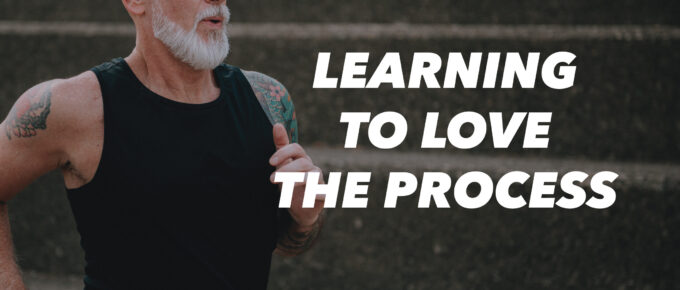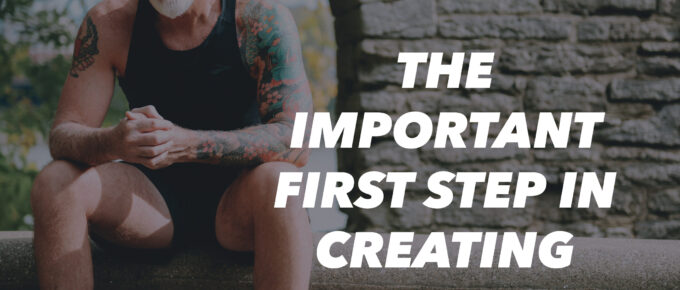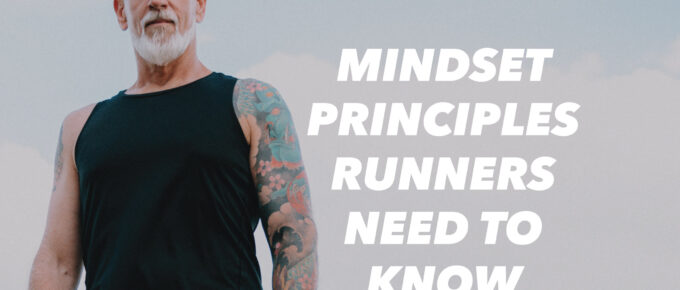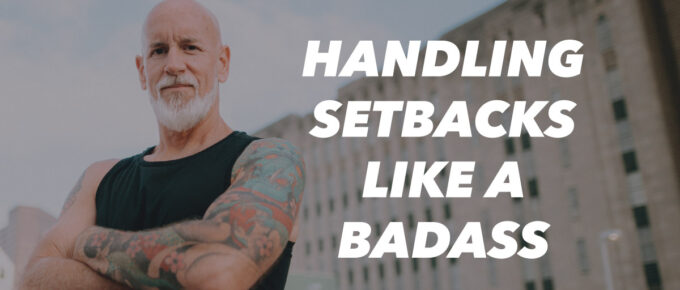Oftentimes when we take on a big challenge like changing how we eat or training for a marathon, we don’t get the results we want fast enough. The weight isn't coming off as quickly as you want or …
Continue Reading about 236. Replay: Learning to Love the Process →






